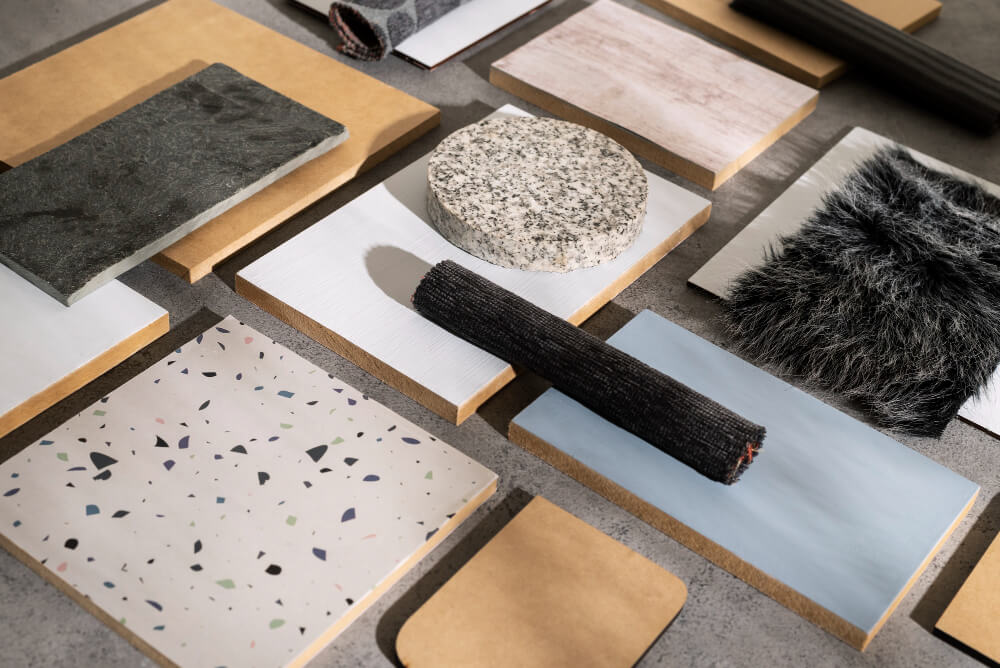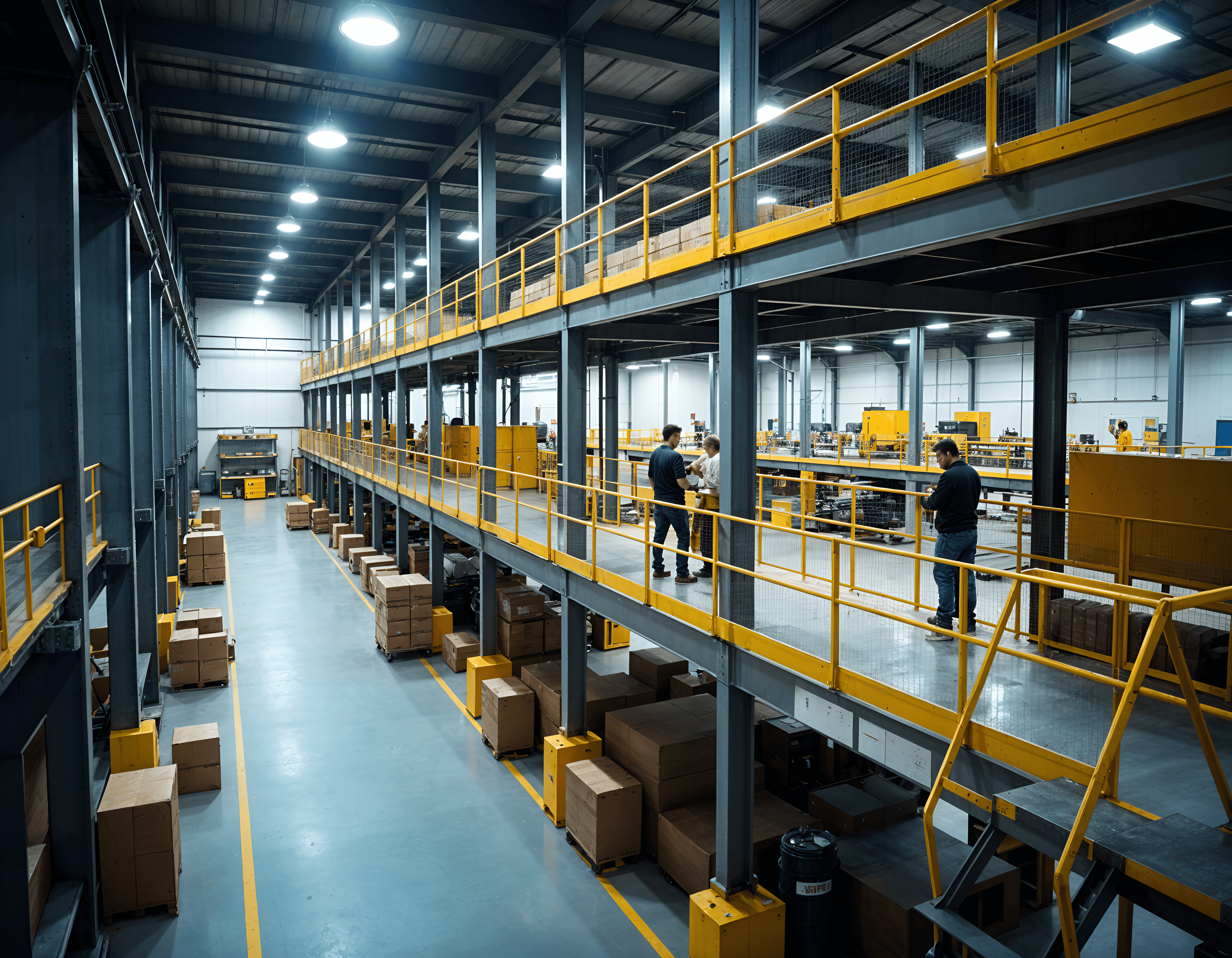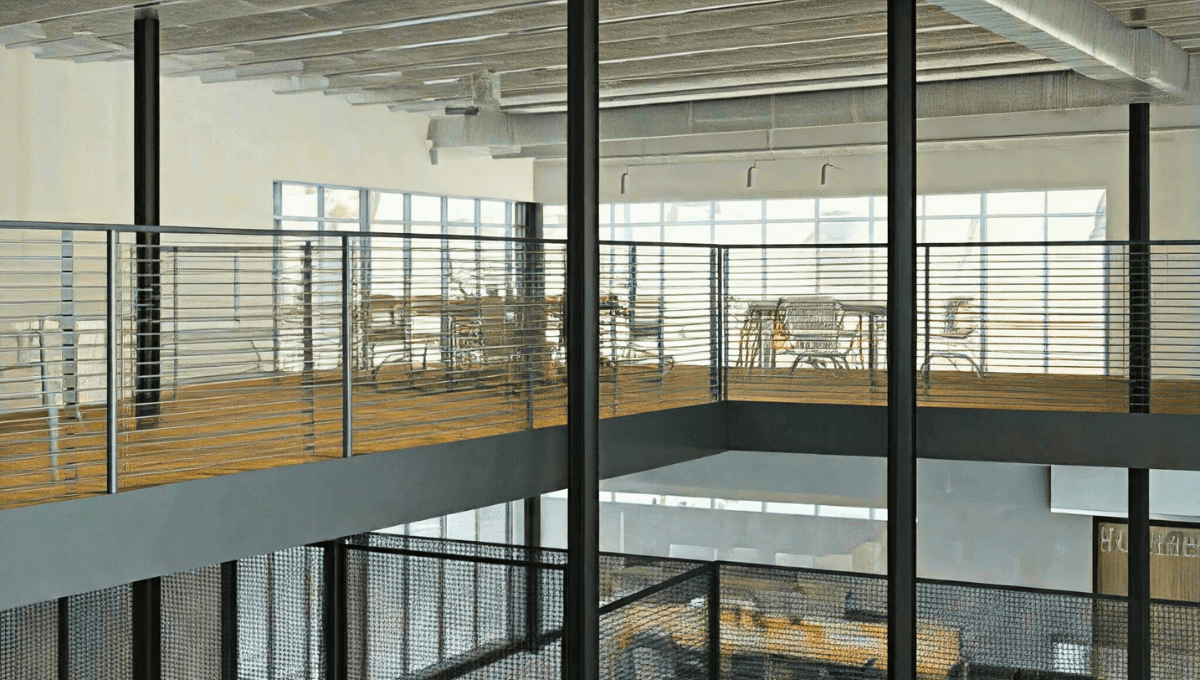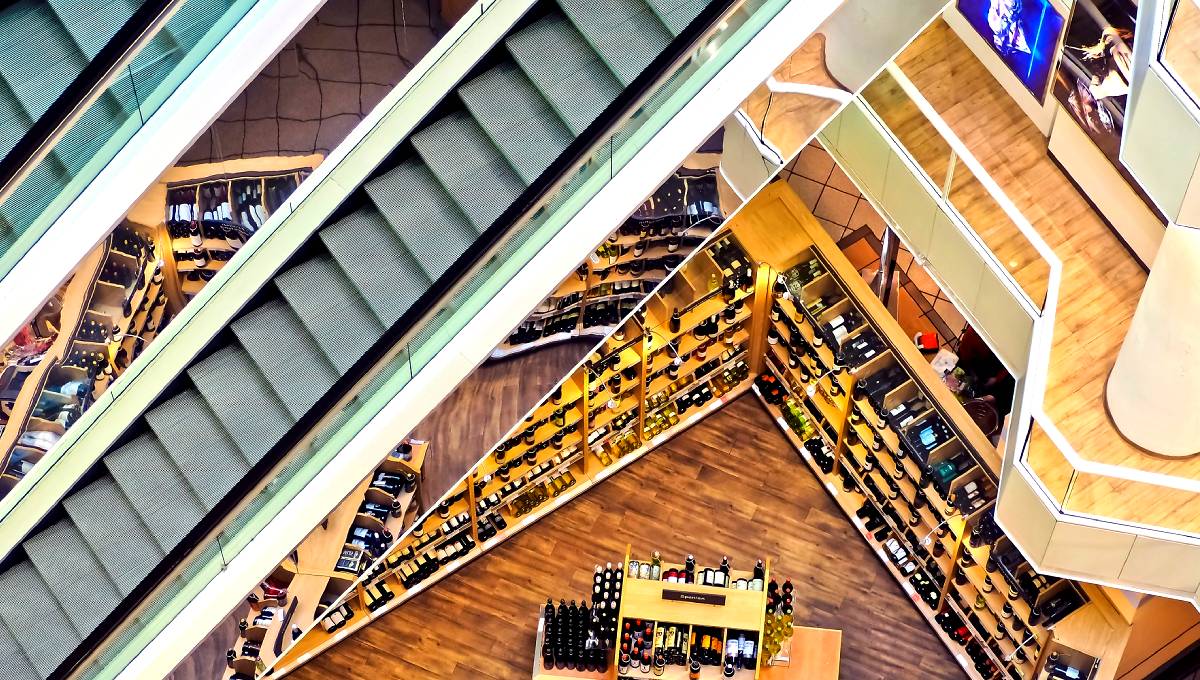Choosing the Right Mezzanine Flooring Material for Your Industry

When it comes to installing a mezzanine floor in your facility, choosing the right flooring material is essential. Different industries have unique requirements and considerations when it comes to flooring, such as load capacity, durability, maintenance, and safety. In this blog post, we will explore the factors to consider and the different types of mezzanine flooring materials available, helping you make an informed decision for your industry.
Factors to Consider
Before diving into the different flooring materials, it’s important to consider some key factors that will help determine the most suitable option for your industry:
1. Load Capacity:
Assess the weight and type of equipment, inventory, or activities that will take place on the mezzanine floor. Different materials have different load-bearing capabilities, so it’s crucial to choose one that can handle the required weight.
2. Durability and Maintenance:
Consider the level of wear and tear your mezzanine floor will experience. Some industries may have heavy machinery or high foot traffic, which requires a more durable material that can withstand frequent use. Additionally, consider the maintenance requirements of each flooring material, as some may require more upkeep than others.
3. Safety:
Safety should always be a top priority. Choose a flooring material that provides slip-resistance, fire resistance, and is compliant with industry safety regulations. Additionally, consider the ability to install safety features, such as handrails and access gates, to prevent accidents and ensure worker safety.
Types of Mezzanine Flooring Materials
Now let’s explore some of the common mezzanine flooring materials available, each with its own set of advantages and applications:
1. Steel Grating:
Steel grating is a popular choice in industries that require strong, durable, and low-maintenance flooring. This material has excellent load-bearing capabilities and allows for proper airflow and light penetration. It is resistant to fire, chemicals, and can withstand heavy-duty use. Additionally, steel grating offers slip-resistance, making it suitable for industrial environments where spills and moisture may occur.
2. Plywood:
Plywood is a versatile flooring material that is commonly used in mezzanine installations. It is lightweight, cost-effective, and easy to install. Plywood provides a smooth and solid surface, making it suitable for office spaces, retail areas, or environments where heavy machinery is not present. However, plywood may have limitations in heavy-duty industries due to its lower load capacity compared to materials like steel grating.
3. Fiberglass:
Fiberglass is a corrosion-resistant material that is ideal for industries where moisture, chemicals, or acids are present. It offers a high load capacity, durability, and can withstand extreme temperatures. Fiberglass flooring is also non-slip and low-maintenance, making it a popular choice for industrial environments such as chemical plants, food processing facilities, or laboratories.
4. Concrete:
Concrete is a durable and strong flooring option, commonly used in heavy-duty industries, warehouses, and manufacturing facilities. It provides excellent load capacity, fire resistance, and is resistant to chemicals and abrasion. Concrete floors can be customized with various finishes, such as epoxy coatings, for added durability and aesthetics. However, it may require specialized installation and longer installation times compared to other materials.
Conclusion
Choosing the right mezzanine flooring material for your industry is crucial for ensuring the safety, durability, and functionality of your mezzanine structure. Consider factors such as load capacity, durability, maintenance, and safety requirements when making your decision. Whether you opt for steel grating, plywood, fiberglass, or concrete, selecting the appropriate flooring material will contribute to the long-term success and efficiency of your facility.




